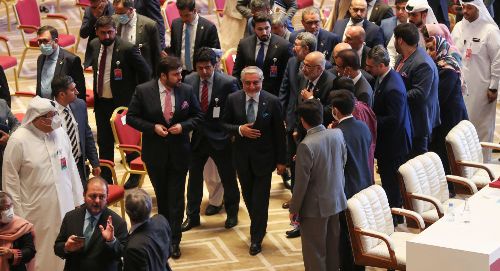As the intra-Afghan negotiations offer hope for peace after more than four decades of conflict in Afghanistan, thoughts are circulating in almost all off Afghans’ minds regarding how would their future look like? The key demand of theirs is a sustainable peace settlement that ensures their human and other basic rights, among others. They include preservation of freedom of expression, civil liberties and the past gains – especially that of women’s in terms of civic life, right to education and work. As peace talks are seemingly in full swing, the US-based watchdog, Human Rights Watch (HRW) has called upon the Afghan government and the Taliban representatives to publicly commit to upholding international human rights. It also urged the US, European Union and other stakeholders supporting the peace process “to use their political and economic leverage to ensure explicit human rights commitments and enforcement mechanisms in any final agreement.” It’s a timely and rightly call to compel the sides to consider this aspect throughout the talks. Afghans, having been agonized by decades of violence, want tangible progress in the talks and thus promises don’ suffice; they need to know the human rights facet constitutes a key part of the agenda and that the live progress is shared with them in this regard. The Afghan public has serious fears about the Taliban era’s harsh measures and restrictions, although the insurgent group claims to have changed and rolled back the mindset they imposed in the past. Meanwhile, in a recent development by the Afghanistan Independent Human Rights Commission, it voiced concern over the presence of underage (children) fighters on both sides of the conflict, something that paved way for more violence. Therefore, a solution this issue of child abuse and other human-rights-related issues mentioned above is in displaying a strong commitment to means and methods stipulating how these are dealt with and then they should be incorporated into the peace deal being hammered out by the sides. Moreover, another most important aspect for the negotiating sides is being as much transparent as possible. Media and the public have been kept in dark – as recent informal meetings among the sides were conducted behind closed doors – about the proceedings in Doha. This shouldn’t be so; every tiny progress made in the talks should be shared with the Afghan masses through media so they know what decisions are the parties taking on their behalf?

 Afghanistan Times
Afghanistan Times



